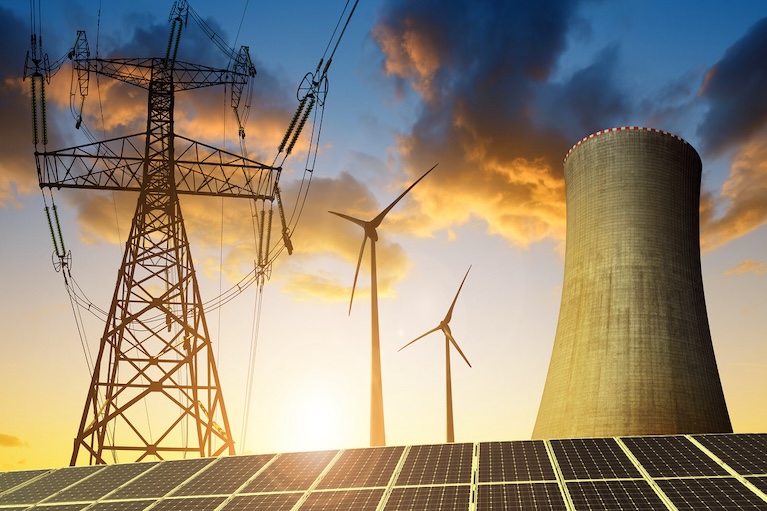- Nouakchott
- espoirroute@gmail.com
- (222) 36 25 56 00

On the crucial importance of energy in Africa's development
Energy is a fundamental driver of economic and social development around the world, but its role is of particular importance for African countries. Indeed, access to reliable and affordable energy is essential to stimulate economic growth, reduce poverty, improve living conditions and promote sustainable development on the African continent.
Unfortunately, many African countries face major challenges when it comes to energy access. According to World Bank data, nearly 600 million people in sub-Saharan Africa do not have access to electricity, or around 70% of the region's population. This situation significantly hampers socio-economic development and limits opportunities to improve the quality of life for millions of people.
One of the main obstacles to energy access in Africa is the lack of adequate energy infrastructure. Electricity networks are often poorly developed, inefficient and insufficient to meet the growing needs of the population and industry. Additionally, many rural and remote communities are completely excluded from national electricity grids, forcing them to rely on traditional energy sources, such as firewood and charcoal, which are not only polluting but also harmful to health.
Energy is an essential catalyst for economic and social development in Africa. Rural electrification can stimulate local entrepreneurship, promote job creation and increase agricultural productivity. In addition, energy is essential for the operation of schools, hospitals, businesses and essential urban infrastructure such as street lighting and transportation systems. Without access to reliable energy, it is difficult for African countries to progress on the path to sustainable development.
To address these challenges, initiatives are needed at national, regional and international levels. African governments must develop and implement effective energy policies that promote investment in energy infrastructure, encourage the development of renewable energy and improve access to modern energy services for the most disadvantaged populations. Furthermore, it is crucial for African countries to strengthen their regional energy cooperation, with a view to developing interconnected regional electricity networks that enable resource sharing and promotion of cross-border electricity trade.
At the international level, the international community must support the efforts of African countries by providing technical assistance, adequate financing and appropriate technology transfer in the field of energy. Public-private partnerships can also play a key role in the development of energy infrastructure in Africa, mobilizing private investment and fostering innovation in the energy sector.
Energy is a crucial element in the development of African countries. By investing in modern, sustainable and accessible energy infrastructure, African countries can boost their economic growth, improve the living conditions of their populations and contribute to the achievement of the sustainable development goals on a continental scale.




